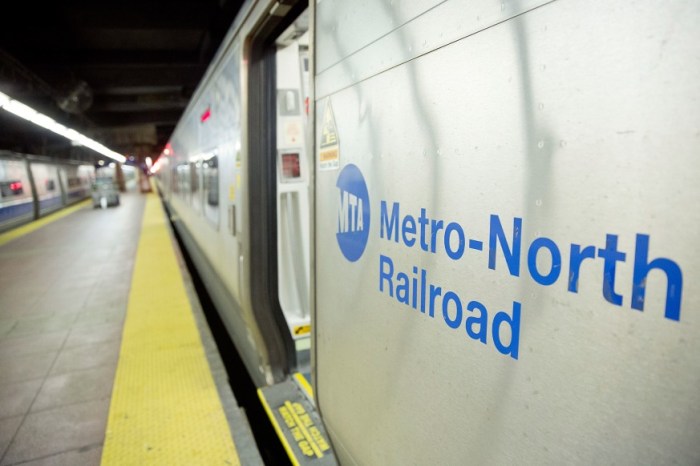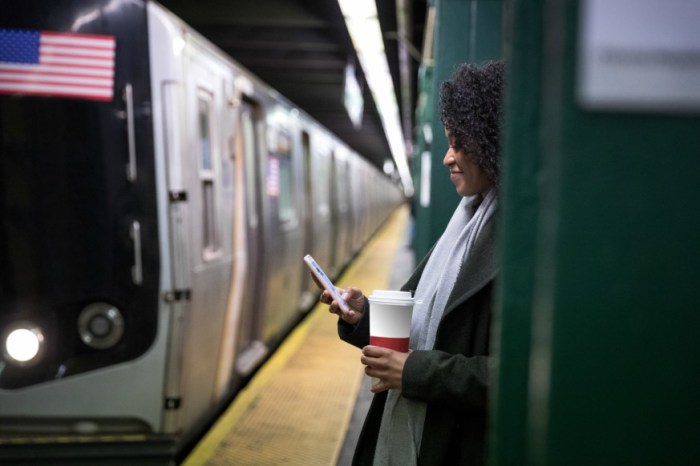Thousands of New Yorkers face uncertain commutes on a near-daily basis amid the city’s transit crisis, but a new report shows that healthcare workers may have the worst commutes of all.
The Center for an Urban Future (CUF), a public policy think tank, on Wednesday released “An Unhealthy Commute: The Transit Challenges Facing New York City’s Healthcare Sector.” The study details not only how the transit crisis affects the industry that consists of 500,000 New Yorkers, the majority of which live in the outer boroughs, but also offers recommendations for ways to address the issues.
“All New Yorkers have good reason to be frustrated with the city’s transit system right now, but the city’s healthcare workers arguably have it worst,” Jonathan Bowles, executive director at CUF, said during a news conference outside the City Hall 4/5/6 subway station.
According to the study, healthcare workers have the longest median commute at 51.2 minutes — and they saw that commute times increased faster than in any other industry, with an eight-minute jump between 1990 and 2015, while other workers saw a three-minute increase during that period.
Anna Couch-Superville of Staten Island works in Brooklyn as a home health aide, and her commute often involves three trains, two buses and the Staten Island ferry — and usually takes two and a half hours.
“We pay a lot of money for transit, and every day is a hassle,” she said.
Like many straphangers, Couch-Superville is often late to work because of delays and overcrowding, which in healthcare “creates a ripple effect and puts patients at risk,” said Maria Castaneda of the 1199 SEIU National Healthcare Workers Union. She added that some healthcare workers have faced unpaid suspensions and terminations for lateness, which also causes their co-workers to stay late because “it’s a 24/7 job.”
Making new investments in bus and subway service outside Manhattan, expanding bus service, adopting Fix NYC’s or another congestion pricing plan and having a key portion of funds go toward outer-borough transit investments are among the CUF’s 15 recommendations for addressing the crisis.
“The state-and-MTA-run subway system is broken, and the state and MTA need to fix it,” Jaclyn Rothenberg, deputy press secretary for Mayor Bill de Blasio, told Metro when asked about CUF’s study.
“Improving the commute of every single New Yorker is our aim and our focus — that includes better bus service, advocating to get our buses through crippling congestion and the Subway Action Plan to immediately provide riders greater service reliability,” the MTA said.
The city’s department of transportation have not yet responded to a request for comment regarding “An Unhealthy Commute.”
Stats about healthcare straphangers
• 500,000 healthcare workers in NYC
• Over the past decade, healthcare jobs increased by 55 percent in Brooklyn, 39 percent in Queens, 18 percent in the Bronx, 15 percent in Manhattan and 10 percent in Staten Island
• 65 percent work outside Manhattan
• 84 percent live outside Manhattan
• 35 percent of major healthcare employers are more than eight blocks from a subway station
• 87,706 healthcare workers take the bus — more than retail and food service workers combined


















